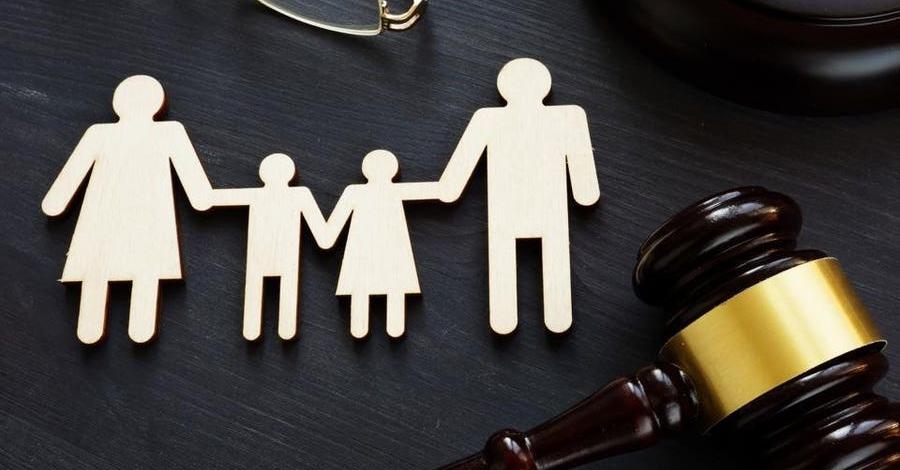You must realize what it means to file a lawsuit for sole legal or physical custody, regardless of whether you are divorcing your partner or are in the middle of a child custody dispute. Having sole custody, also known as sole parental responsibility, indicates that you are the child’s primary caregiver and are in charge of all major life decisions.
Even though family courts don’t usually favor sole custody, it’s something you should seriously think about if you’re getting out of an abusive relationship or are having trouble with an unreliable ex-spouse. Contact Turco Legal, P.C. if you are considering sole custody of your child.
Advice to keep in mind before proceeding with sole custody
Parents tend to consider sole legal custody appealing due to its simplicity—making decisions without consulting anyone else. Irrespective of the appeal, though, sole legal custody is not appropriate in cases where parents simply disagree on how to raise their children or find it challenging to work together.
Sole legal custody is reserved for circumstances where one parent is more qualified or more open to making wise legal decisions. For example, it is reasonable to expect sole legal custody when one parent travels extensively abroad, is relocating out of state, or displays problems related to substance abuse, child neglect, or domestic abuse.
There are better choices than legal custody of one parent, and courts are unlikely to approve the request for sole custody if the parents are available and capable of making sensible decisions. The following scenarios are when sole custody works well:
- One parent fails to stay in touch with the children and is absent from their lives frequently.
- It is challenging for the parents to make decisions collectively because they reside in different time zones, nations, or states, particularly when those decisions call for an instant decision.
- When one parent has a history of neglect or abuse, substance abuse, an impairing illness, or a mental health issue, it renders them unfit to make parental decisions for their children.
Consider whether heading the sole legal custody route is in your children’s best interests before thinking about obtaining it. It’s vital to understand that seeking sole legal custody for the wrong reasons—wanting full authority or not having to deal with your former partner—is not a good idea. Having regular contact with both parents is beneficial for children. They benefit from seeing their parents work together and make concessions while considering their best interests.
